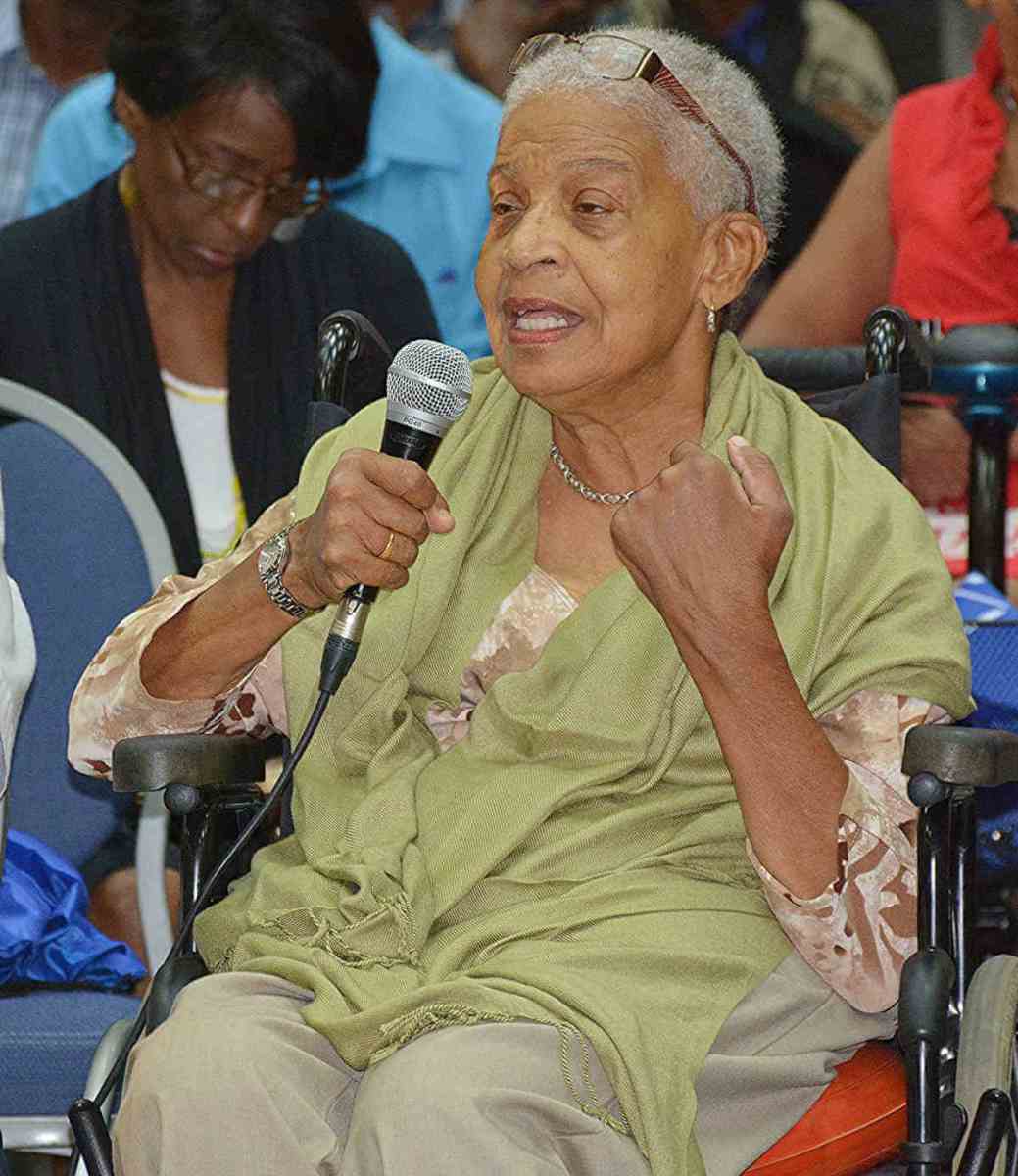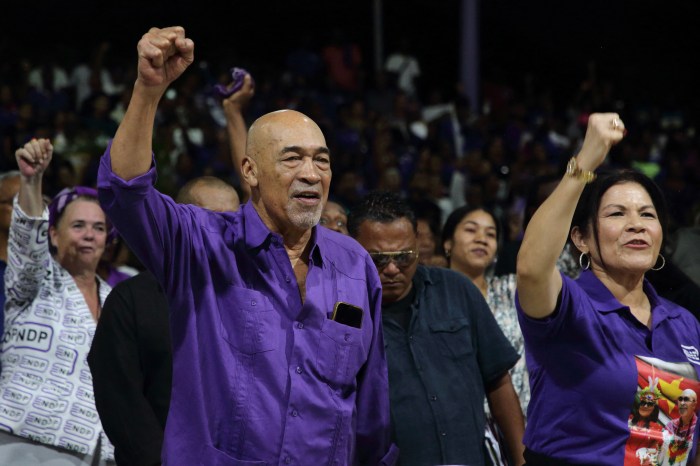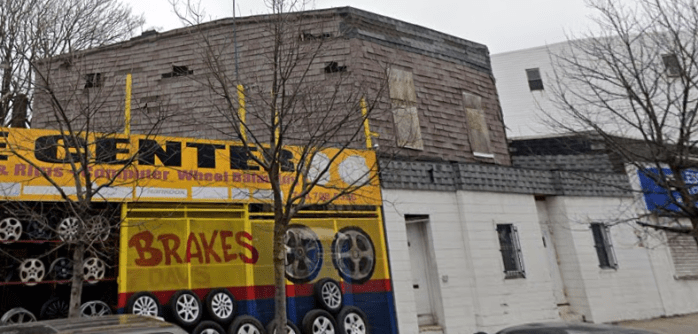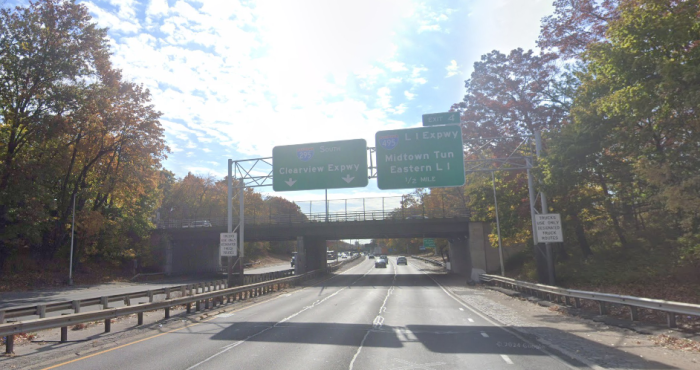An assurance by the new Barbados government of an intention to exploit marijuana for its medicinal benefits — and make resulting products legal — must be welcome news to many on the island, especially pain-ridden persons in the disabled community.
Minister of Agriculture and Food Security Indar Weir recently spoke in parliament of embracing the plant in the economic and health interest of Barbadians.
“We have no time to waste making sure that we can get medical marijuana growing,” he said, adding, “we have an abundance of opportunities when it comes to unlocking and giving people the chance to grow medical marijuana, simply because of the value chain that follows. “I must share with you my government’s intention to make provision for the production of marijuana and other plans for medical purposes.”
This must be music to the ears of members of Barbados’ physically challenged community, such as Rose-Ann Foster-Vaughn and Bonita Phillips, who last year testified before a CARICOM Commission on Marijuana of the quiet suffering of members of their community and of the belief that the medicinal aspects of the plant can bring them relief.
The Commission, led by University of the West Indies Professor Rose Marie Belle-Antoine, had a region-wide mandate to get citizens’ opinions on how marijuana should be regarded in the eyes of the law, and in what form.
Foster-Vaughn, Administration Project Officer of the Barbados Council for the Disabled, related that though born with cerebral palsy she managed a relatively normal life of playing as a child and walking to church, “until 2008, when I was diagnosed with Lupus. Now imagine that, Lupus on top of a disability.”
The 2008 affliction brought on rheumatoid arthritis with its accompanying pain all day and night.
“I live on painkillers. I used to be on steroids, but after the steroids got me too fat I weaned myself off of them and now I live strictly on painkillers.”
“So, you tell me at 49 years old, am I supposed to live out the rest of my days in pain? I think not,” said Foster-Vaughn, who indicated that she also suffers from poor circulation.
The well-known champion of causes for persons with various challenges, said: “The same way I advocate for disabled, and the rights of the disabled, I have the right of advocating for medical marijuana.”
Her stance was in harmony with that of Bonita Phillips, who said, “I am now a strong advocate for medical marijuana … because I have multiple sclerosis and have learned that the medication I am taking, or has been offered to me, is causing more damage.”
Phillips clarified that her position does not stem from any romantic feeling for the plant, which she describes as ‘God’s gift.’
“I have never smoked marijuana and would never want to smoke it. I don’t like the smell of it.”
She explained that marijuana was an alien item for much of her life, having been brought up by Seventh Day Adventist parents in the ‘60s.
But in explaining her conversion to the medicinal qualities of the plant she said, “what I’ve been brainwashed into not realizing is that that pharmaceutical companies are getting us drugs and abdicating all responsibility for the damage that it is doing to our bodies.”
Speaking of what she has witnessed in Barbados’ disabled community, Phillips said, “a lot of us have died because we’re taking pharmaceutical drugs.”
Phillips displayed some discomfort during her presentation.
She explained, “I have not been very well. I should be taking medical marijuana … taking medication is not helping me and at the moment I just came out of my sick bed to be here today to advocate very strongly for medical marijuana”.
The CARICOM Heads of Government meeting scheduled for July 4 was expected to discuss the a report from the Commission on Marijuana.






















